Information democracy
Powerful companies and governments control the way the internet and new technologies are deployed. These actors blur the lines on corporate power in ways that have tremendous impact on people and democracies. The dominant business model of ‘Big tech’ platforms is based on surveillance, polarization and power imbalances. This ‘surveillance capitalism’ has had a global impact on democracy. For example, state and private actors can use the internet and technologies to spread political disinformation, to manipulate electoral results, to attack human rights defenders and to limit civic space.
Filter resources
-
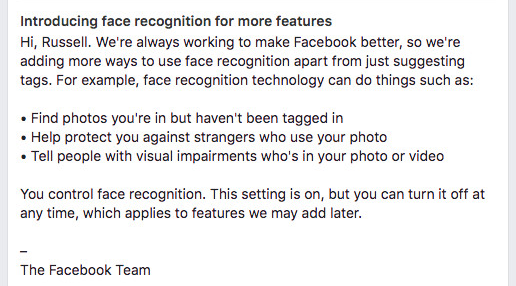
The art of dodging questions – Facebook’s privacy policies
Remember in April 2018, after the Cambridge Analytica scandal broke, we sent a series of 13 questions to Facebook about their users’ data exploitation policy. Months later, Facebook got back to us with answers. Here is a critical analysis of their response. Recognising people’s face without biometric data? The first questions (1a and 1b) related […]
Read more
-
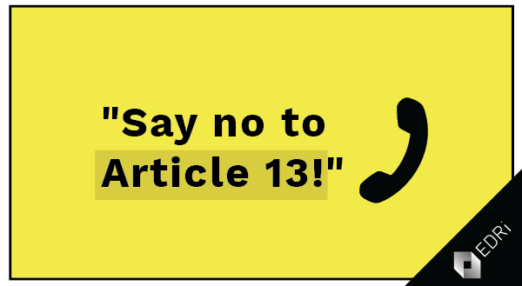
Record number of calls to the EU Parliament against upload filters
With just two weeks to go until the final vote on upload filters in the European Parliament, one hundred MEPs have pledged to vote against Article 13 of the proposed Copyright Directive. Many citizens feel like their legitimate fears about the future of the internet are not taken seriously as lawmakers insult them as being […]
Read more
-
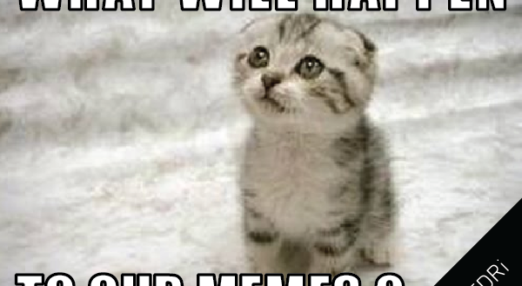
What will happen to our memes?
In Europe, new rules concerning copyright are being created that could change the internet fundamentally. The consequences that the upload filters included in the EU copyright Directive proposal will have for our creativity online raise concerns. Will everything we want to post to the internet have to pass through “censorship machines”? If the proposed Directive […]
Read more
-
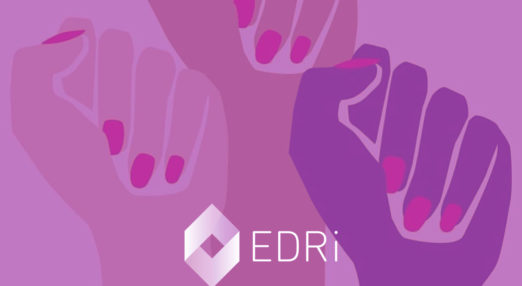
Women’s rights online: tips for a safer digital life
The internet is an incredible tool and has empowered women to speak up, react and organise to face patriarchy and oppression. But the internet is not a neutral place – sexist, racist, homophobic and other violent types of behaviour and content are disproportionately affecting women. This International Women’s Day, we would like to celebrate positive […]
Read more
-

Join us in the European Parliament to #SaveYourInternet!
After more than 3 years of debates, the decisive moment to ensure that upload filters are not imposed in the European Union (EU) has arrived. In the following weeks (date to be confirmed), the European Parliament (EP) will be voting on the copyright Directive. In its current form, article 13 of the copyright Directive would […]
Read more
-

EDRi calls on MEPs to not rush the vote on the copyright Directive
Today, it came to our attention that the copyright Directive could be voted as soon as next week, during the first Plenary session of the European Parliament. Such a short time-frame can only be explained as an attempt to avoid further debate and the participation of concerned citizens ahead of the vote. We cannot accept […]
Read more
-
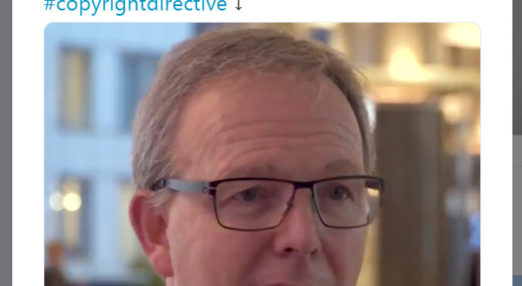
The European Parliament’s deplorable lack of impartiality
As the political debate around the European copyright reform and its infamous upload filters enters the final round, the EU institutions commit yet another faux pas. On 27 February 2019, the European Parliament’s communications team published a number of tweets celebrating how amazing the copyright Directive proposal is that has been agreed during trilogues. The […]
Read more
-

Czech BBA: Facebook and iROBOT the worst privacy intruders of 2018
The 14th Czech Big Brother Awards – anti-awards for those who have done the most to threaten personal privacy in 2018 – were announced on 14 February 2019. A jury of nine technology experts, lawyers and journalists chose the worst privacy intruders based on suggestions made by the general public. The Awards in four different […]
Read more
-
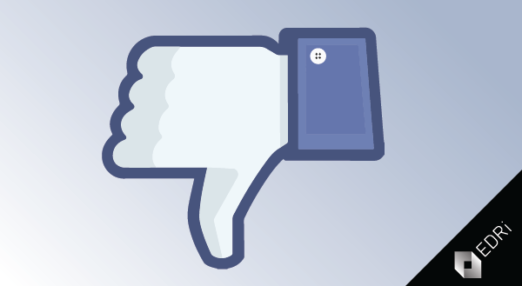
You cannot post “a bag of bones” on Facebook
However shocking our reality may be, sometimes you have to face it. By censoring a news article about the horrific war in Yemen, Facebook completely disqualifies itself as a platform for public debate. This story should be heard “Chest heaving and eyes fluttering, the 3-year-old boy lay silently on a hospital bed in the highland […]
Read more
-
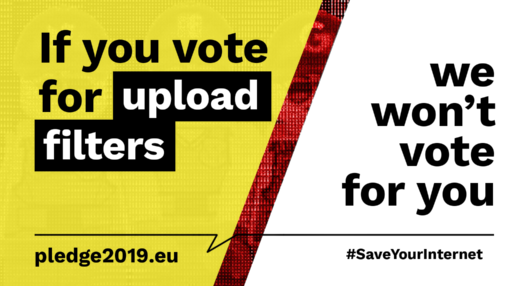
Press Release: SaveYourInternet.eu – Citizens set to prevent upload filters in the EU
On 26 February 2019, European Digital Rights and partner organisations from across Europe are re-launching the campaign SaveYourInternet.eu – with new items in the “toolbox”. Today, we add to our website the action prepared by our Austrian member epicenter.works: Pledge2019.eu. The campaign, managed by the EDRi network, has become the main platform for concerned citizens […]
Read more
-
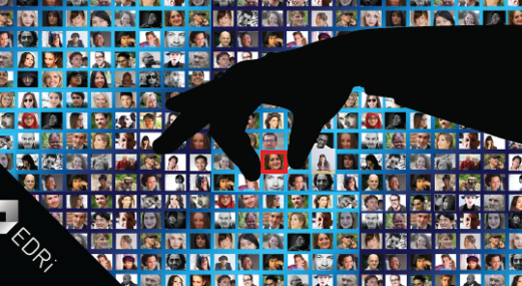
Google and IAB: Knowingly enabling intrusive profiling
On 28 January, EDRi member Panoptykon joined a complaint against Google and the Interactive Advertising Bureau (IAB) in Poland, after it had become clear that the advertising categories provided by these entities are enabling the processing of extremely sensitive data of European citizens. On 20 February, new evidence was published proving that the IAB was […]
Read more
-
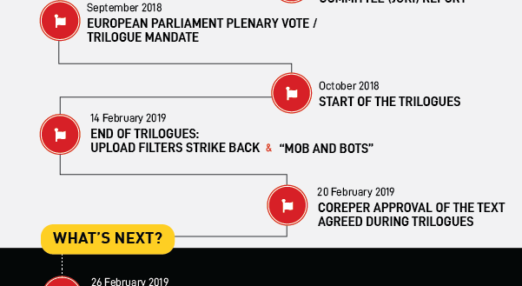
Upload filters: history and next steps
The proposal for a new copyright Directive was originally aimed at modernising the copyright framework. However, it has fallen short of the initial expectations. Instead, the current proposal for the Directive text forces the implementation of upload filters and brings only minor improvements in other areas. In effect, the proposal could lead to unlawful restrictions […]
Read more
